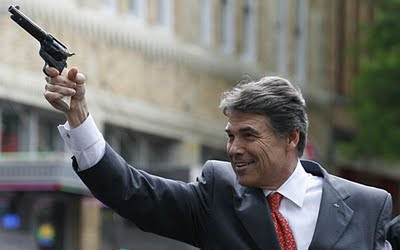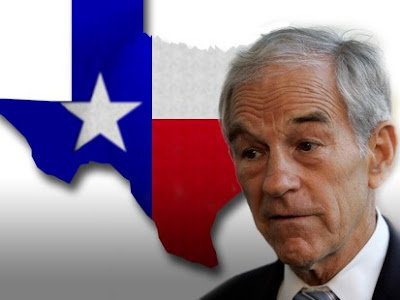Attorney General Eric Holder defended his department’s civil rights agenda today, delivering a speech at an event honoring Martin Luther King Jr. at South Carolina's state capitol in Columbia. Holder’s speech was sponsored by the National Association for the Advancement of Colored People, took place at the state capitol in Columbia, S.C., where the Confederate flag still flies on the north end after it was moved from atop the dome in 2000 following NAACP protests.
The speech comes one month after Mr. Holder delivered a voting rights speech on the University of Texas campus at the library of President Lyndon B. Johnson in Austin. (More on Holder's LBJ Library speech here and here.)
South Carolina’s passage, and the U.S. Justice Department’s subsequent rejection of, a controversial voter photo ID law last year has sparked a rancorous political fight putting South Carolina and the Department of Justice on a collision course with the Supreme Court over the constitutionality of section 5 of the Voting Rights Act verses state's rights.
The rallying cry of states' rights was used to defend slavery before the Civil War and racial segregation during the post-World War II battles over civil rights.
Holder’s Justice Department opposes very restrictive voter photo identification laws such as passed by the South Carolina and Texas legislatures in 2011. The department announced last month it would block South Carolina’s attempts to require voters to show one of a very limited selection of dated and unexpired government issued photo identification, which up to 25% of some minority groups do not hold. Minority and senior citizen advocacy groups oppose these restrictive photo ID laws because there is a strong evidence that the laws will restrict the voting rights of elderly, poor, and racial minority voters.
South Carolina’s controversial restrictive voter photo ID law was the subtext for Mr. Holder's address to those gathered to honor the life and work of the late Rev. Martin Luther King Jr. In reference to the constitutionality of section 5 of the Voting Rights Act, Mr. Holder said:
Section 5 – which requires preclearance of proposed voting changes in parts or all of sixteen states – continues to be a critical tool in the protection of voting rights. In 2006, it was reauthorized with overwhelming bipartisan – and near-unanimous – support in Congress, before being signed by President Bush. However, despite the long history of support for Section 5, this keystone of our voting rights laws is now being challenged as unconstitutional by several jurisdictions. Each of these lawsuits claims that we’ve attained a new era of electoral equality, that America in 2012 has moved beyond the challenges of 1965, and that Section 5 is no longer necessary.
I wish this were the case. But the reality is that – in jurisdictions across the country – both overt and subtle forms of discrimination remain all too common. And though nearly five decades have passed since Dr. King shared his vision from the mountaintop – despite all the progress we’ve made, the barriers we’ve broken down, and the divisions we’ve healed – as a nation, we have not yet reached the Promised Land.
That’s why the Justice Department will continue to vigorously defend Section 5 against challenges to its constitutionality.
Full text of Mr. Holder's speech courtesy of the Department of Justice website.
Updated January 16, 2012 @ 6:45pm
In July 2006, President Bush signed the reauthorization of the Voting Rights Act in a ceremony praising the participation of civil rights leaders, including family members of Dr. King. The bill passed 98-0 in the Senate and 390-33 in the House. Although there were Republican members of the House and Senate who voiced objections that section 5 of the Voting Rights Act (requiring states with a history of discrimination to get permission from the federal government before changing their voting rules) violated states' rights, President Bush ignored those objections.
At the South Carolina Republican presidential debate tonight, that 2006 bipartisan Republican support of the Voting Rights Act evaporated in favor of the old south's "states' rights" argument. Fox News’ Juan Williams asked Texas governor Rick Perry whether the federal government still has a role to play in protecting voting rights in a state like South Carolina, [which has a history of using Jim Crow type laws to prevent African Americans from voting,] in reference to the USDOJ’s denial of preclearance of South Carolina’s voter ID law and South Carolina’s threat to take the issue all the way to the Supreme Court.
Juan Williams: Are you suggesting on this Martin Luther King Jr. Day that the federal government has no business scrutinizing the voting laws of states where minorities were once denied the right to vote?”
Governor Perry responded: “I’m saying that the state of Texas is under assault by the federal government. I’m saying also that South Carolina is at war with this federal government and with this administration. When you look at what this Justice Department has done, not only have they taken them to task on voter i.d.,…”
(Watch the video)
More:



